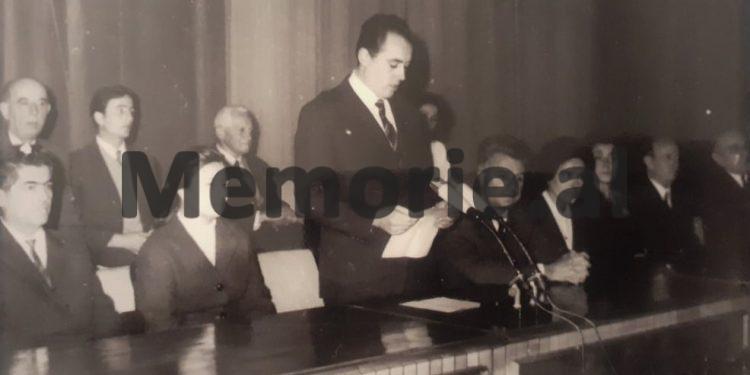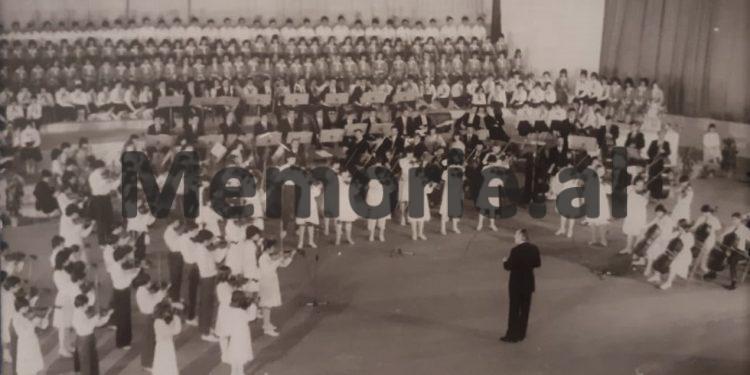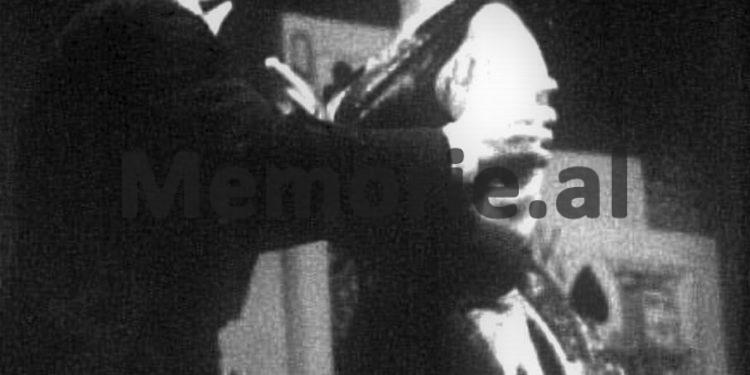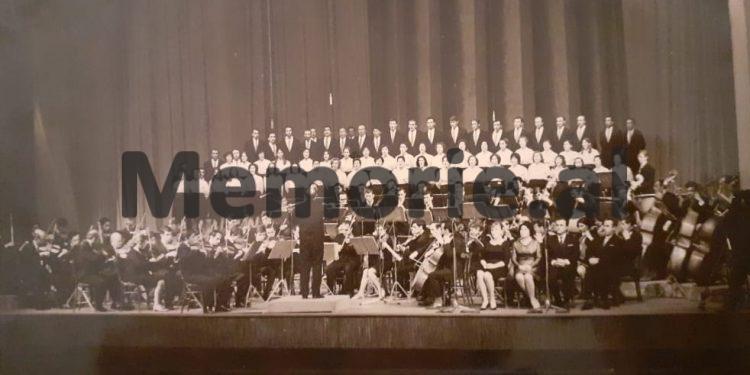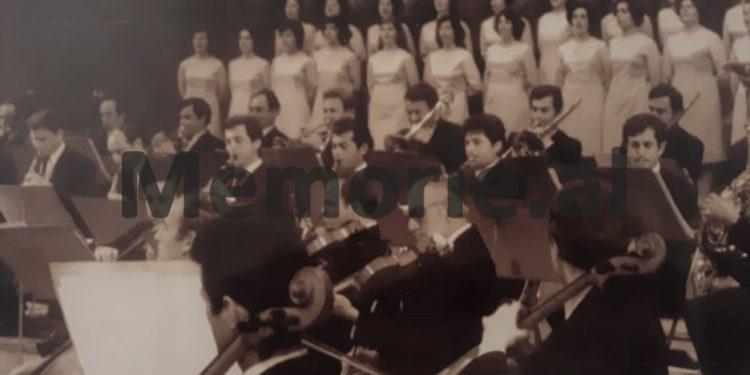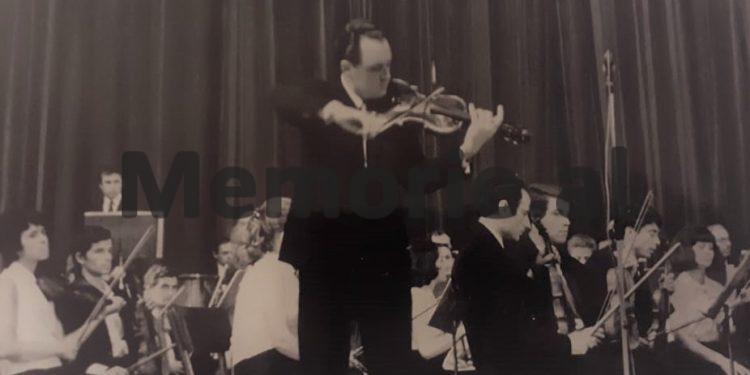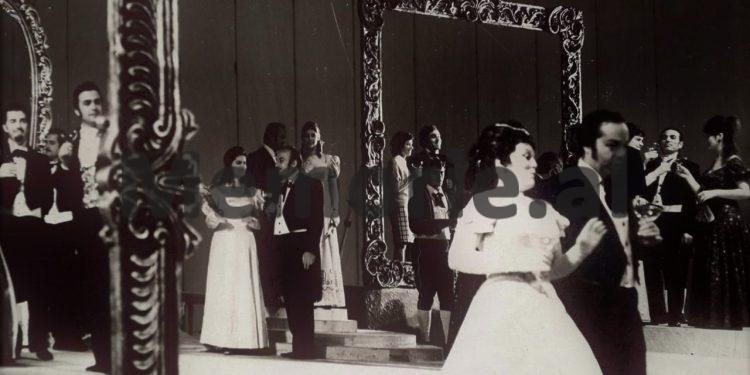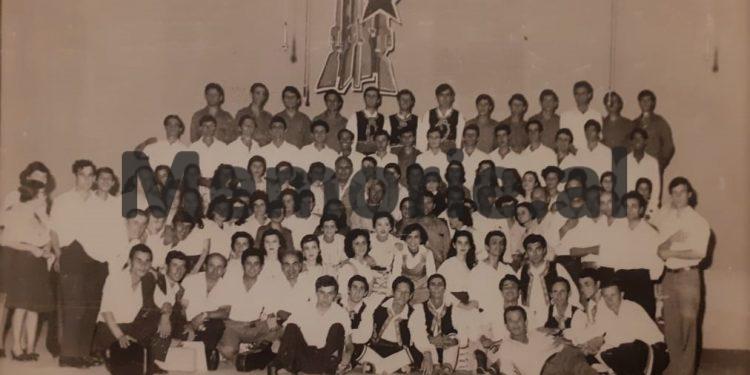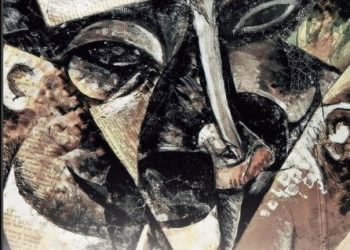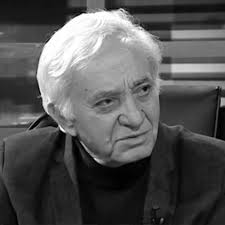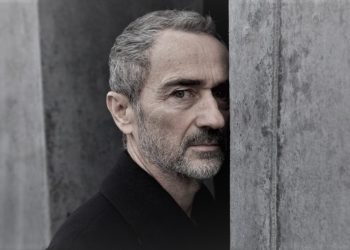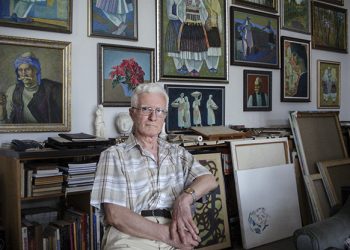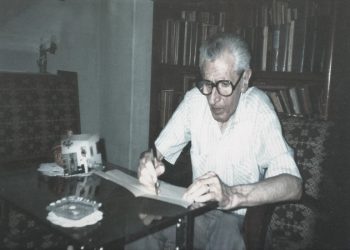Dashnor Kaloçi
Memorie.al publishes two rare articles published simultaneously in the newspaper “Drita” and the magazine “Nëntorit” in May 1972, dedicated to Zhani Cikos, then the artistic director of the Opera and Ballet Theater of the State Song and Dance Ensemble People, who in the plenum of the League of Writers and Artists of Albania who devoted himself only to instrumental music, after asking to return to the Albanian scene some of the well-known works of world classical music that until then had been completely removed as a result of influence of the Chinese Cultural Revolution in our country, he was the first to throw the idea of pluritradita in this genre of Albanian music, taking as an example and evaluating with superlatives the piano concerto no. 1 of the well-known composer Feim Ibrahimi, which at that time had many reactions and two or three years later, would be mentioned in the criticism, accusations and attacks that were made against Cikos, before the decision was made that he should be removed from Tirana and sent for re-education in the town of Patos, where he worked for years…!
The development of cultivated Albanian music in the ’60s after the establishment of the Music Conservatory (in 1962) and after some activities that took place at that time had received a significant development. But then as a result of the political developments of Albania in those years, the mid-60s, brought some influences, such as the Great Cultural Revolution in the People’s Republic of China, which influenced and reflected on the cultural life of Albania. Thus, as a result, since 1966, without any written order, but verbally, some works or masterpieces of world classical music were banned, which with the exception of the use of school curricula, were removed from the stage all and not we were no longer part of any kind of repertoire and after that everything took a different direction.
After spending the first two or three years in this state, without world classical music, which brought extreme poverty to the cultural and musical life of Albania at that time, although it supported and brought Albanian national works, but relying only on them works and with the few well-known composers that the country had at the time in this genre of music, began to create problems. Thus, this thing made that at that time there was some awareness from various official instances, to understand what consequences this thing had in the artistic life of our country and even how this could be overcome.
In this discussion that began to take place at that time in cultural and artistic institutions, including the Opera and Ballet Theater, through Party instructors and delegates from the government (executive bodies), began to organize various meetings with leaders of the artist community, or even detached from them, for them to express their thoughts about this problem.
In these discussions that took place at that time, among them, a young boy, about 24 – 25 years old such as Zhani Ciko in 1970, (violinist, concert-maestro in the orchestra of the Opera and Ballet Theater), in his thoughts revealed and tossed the idea that in the development of artistic life throughout our country in general, it is necessary that at certain moments to appear world works of classical music, for their important values and for the national character as well as their artistic aspects, which, according to him, were of great value to our composers and artistic troupes throughout the country.
Friends and colleagues, former members of the Opera and Ballet Theater troupe, say that the spirit of the then 24-year-old violinist Zhani Ciko was discussed several times in different settings and it was noticeable how this guy the young man expressed these views with an artistic and not only artistic argumentation, but also beyond it.
So suddenly it was seen that some corrections had to be made, in order to make it possible to apply these views of his in this spirit, and at one point, he was proposed by all party and state instances, which immediately approved that he was the new artistic director of the Opera and Ballet Theater of the State Ensemble of Folk Songs and Dances, as he was called until the early 1990s.
Regarding this development of her time, Maestro Zhani Ciko, recalls: “Being with full conviction that these consultations were in good sense in almost all cases I expressed the opinion that the development of national music did not exclude the great role played by art world leader in ideo-aesthetic education of the masses, as part of their general education. These thoughts were joined by other artists with much longer contributions and careers than I, the 24-year-old, who had just set foot in the Opera.
Director Koço Vasili listened more attentively to the opinions that clashed with many others who defended the statoquo. The artistic directors almost did not express themselves, except for a few questions that seemed to be present. In fact, they had nothing to lose, while those who were the youth part of the artists had ambitions for more.
Time passed from these days that polarized the situation. The gossip faded and it seemed like it was all over. After the New Year 1970, the news suddenly opened that Prof. Mustafa Krantja, (artistic director since the beginning of the Opera and Ballet Theater), would be promoted to a high post at the Ministry of Education and Culture. It boiled everything and what seemed incredible, was realized. “Maestro Krantja, although in that position as a senior official, would preserve his entire repertoire and would also assist the Theater from the department.”
This was a completely unexpected task for the young 24-year-old violinist, Zhani Ciko, who created a surprise, how a young boy coming simply from an artistic and musical education, would then be in charge of the National Theater of Opera and Ballet, artistic director of that institution of the most important and the main classical and operatic music in Albania at that time.
So only after a few months, this spirit proposed and cast by him, began to be widely applied. So it was the initiative of Jean Cikos himself, that immediately in 1970, the year which coincided with the 200th anniversary of the birth of world music genius Ludvik Van Beethoven, whose works until then were also considered banned and no longer appeared Albanian scenes, but with the argument that Ciko made, to be accepted and exactly in November 1970, to be celebrated in Albania, the 200th anniversary of Beethoven, an event that created an atmosphere of hospitality in the musical and artistic environment as well, which undoubtedly deserves a special description, as it was a great shock to the artistic and conceptual life of that time.
To see how special and difficult it was to carry out such an “operation”, the example shows how it was not reflected at all in the press of that time, as in the party press (such as the newspaper “Zeri i Popullit” ”), But also in the literary and artistic press (such as the newspaper “Drita” and the magazine“Nëntori”), organs of the League of Writers and Artists of Albania, where no line was written about this. But there are programs, documents, photos and artists participating in this “operation”, which remember and confirm this.
Also, his advancement, made it possible that in those years, Zhani Ciko was also a member of the Plenum of the League of Writers and Artists of Albania, not as elected, but now as co-opted, which undoubtedly constituted an appreciation for the new path taken by the development of musical and artistic life in Albania at that time.
Thus, in one of these plenums, held almost two years after the implementation of that spirit and tasks that Ciko threw, in April 1972, was held the Plenum of the League of Writers and Artists of Albania, for instrumental music. This was a special plenum that had never happened before, dedicated to a genre of his, such as instrumental music.
The main report on behalf of the Steering Committee of the League of Writers and Artists was held by the Secretary for Music, Hamide Stringa, who according to the conclusions of the Steering Committee of the League, focused on musical developments, works created and in this spirit the discussion took place. . As a member of the League Plenum and of course also as the artistic director of the Opera and Ballet Theater, in the artistic field, Jean’s discussion aroused special interest.
In this regard, Zhani Ciko recalls: “After my discussion in that Plenum, about the ideas I had and submitted at that time, I had the support of the President of the League of Writers and Artists of Albania, Dhimitër Shuteriqi, who quoted the essence of my discussions in the conclusions he made at the end of that plenum ”
The fact that after the publication of the League report, about a week after the holding of that Plenum, (where apparently everything was discussed and clarified there was discussed and discussed there), Zhani Cikos’s discussion was published simultaneously in both organs of the League, in the newspaper “Drita” and the magazine “Nëntori”. It was the same article by the same journalist that covered the genre of music in those organs where literature, art and culture were reflected, which was edited and approved by the respective leaders of the League.
As it appears from the article in question about Zhani Cikon that Memorie.al publishes in full in this article, at the beginning of it, after the author has made a brief overview in the introduction, it is noticed that he focuses on a work, which for Zhanin is called as a new development in Albanian music. It is the piano concerto no. 1 of the composer Feim Ibrahimi, a work which immediately had many reactions and aroused many discussions, which would continue long after.
Zhani Ciko calls it a new development for Albanian music, as an important event that demonstrates the important evolution of musical creativity in our country and all his discussion, almost focuses only on this work, making an analysis according to the possibilities that had he, quoted in this writing by the author of the article, according to Cikos discussion. As it appears from the article in question, the journalist has found it necessary to quote entire passages from the discussion of Zhani Cikos, (putting them in quotes), from his opinion on musical developments in our country.
He emphasizes that one of the achievements is the fact that: we have works that are based on our popular tradition, in quoting the language, popular emotions and on this baggage of the tradition of the Albanian people. This is the first way, while the second way that is noticed afterwards, which determines the fact that national creativity is necessary and, as it were, also needs the support of the world tradition, which cannot be detached from the developments of world music. Thinking that this road had been closed until then, even this in itself constituted an important thesis, namely the establishment of this as the second thesis of the content of tradition in our country.
The third thesis of the article writer is that the tradition, the baggage of our composers and creators, is also a mini tradition within them, which if they repeat it without further development, will lead to a kind of anachronism in our musical development, so it definitely requires coming to the fourth feature which is the new innovative spirit of support and new developments and tools, something that should be emphasized that at that time was a no less bold step.
And what is last when we read the article in question dedicated to Zhani Cikos, (quoted by the journalist), when we look at all this, is the definition he makes of tradition at the end of Ciko’s writing, considering: that already, with the developments that has taken instrumental music to us and artistic life, can no longer be considered merely the description of a tradition, but he defined it by the term pluritraditë.
It was the first time that this definition was articulated, which reminds us of the developments of many years later when political pluralism was sought and established in Albania, in the field of music it is revealed by a musician, such as Zhani Ciko at the time. These and other things that happened at that time, which began to be defined as: “the era of liberalism in all developments of art and culture”, which would lead to dramatic developments then, the condemnation of many aspects from the beginning of 1973, probably brought that, since the beginning of the crackdown on art and culture, Zhani Ciko was removed from Tirana and sent for re-education in the town of Patos, where he stayed for a short period.
Regarding the period of his appointment as artistic director at the Opera and Ballet Theater, Zhani Ciko recalls: Master Milto Vako, everything boiled like never before. Without going on with the “Novel”, it became clear that there was nothing partisan in this decision. My vision of National Art had evolved, in a broader relationship, and moving away from some of the stereotypes that politics itself wanted to correct. During that period, other young professionals were praised here and there, especially those trained in our schools. In fact, I was the most favored in the major Art Institution.
Not to be outdone, I am describing the changes I made to the Opera and Ballet Theater and the Folk Song and Dance Ensemble from 1970 to ’73. Everything was approved according to the norms of the State Party and in accordance with the set line. I must admit that: director Vasili, the party leaders of the institution and the one who held the role of the highest leader of the Party in Tirana, Fadil Paçrami, we asked for explanations for everything I presented and full responsibility for their realization. I did not lack direct contact with the top leadership, so much so that, as a devoted young man, I became convinced that “and if an unintentional mistake were made, I would be kind in judging them.”
“Despite the unimaginable upheaval that followed, from the look of the 50 years that separate us from the IV Plenum to the ‘Covid 19’ Pandemic, the thought I paraphrased between the quotes was not entirely wrong.”
The article that was published in the newspaper “Drita” and the magazine “Nëntori” for Zhani Cikon, in May 1972
From the discussion of comrade Zhani Ciko
Now, I think that, relying on the best realizations of our instrumental music, the deepening of the national spirit, the in-depth development of the original characteristics of our psychology, still remains one of the fundamental problems for our creativity. Although in general, in the creative path of our composers, especially in the 60s, are clearly defined both paths that support the national character in the first place in our authentic music, as that of quoting towards the folk music material, as well as that of processing thought on the basis of popular baggage, a simplified understanding of both techniques is often observed.
The claim to present in music our psychology cannot be realized only by the theme, no matter how prominent it is, without enriching it with other equally important elements, such as: rhythm, polyphony and timbre, which by intertwining in contact with it, create opportunities for the instrumental work to sound at national depth.
Feim Ibrahimi’s piano concerto gives us a new, very interesting report on our music, the sculpting of the national character and the sound of a generally new language. In this hit work, Feim Ibrahimi successfully realized those attempts that were noticed in his cello concert to express the emotions of the day, to look at our reality from a new angle, fresher and more effective for the listener. .
This explains the fact that with all the advanced language, the work communicates quickly with the audience and attracts with fantasy and diverse colors. The elaboration of a rich folk language combined with an interesting rhythm, strongly supported by the language of the people, makes the piano concerto one of the most important works of our musical fund.
For a fresher musical language in our works, he expressed these thoughts: “Although the tradition of our creativity is still young, there is a need for greater evolution, especially in those authors who in their works now stand in foundation of this tradition.
Here the problem of overcoming the achieved goal is vital for future creativity. If we continue to say things again as we have repeated them several times, to write again in the same language we created ten years ago, no matter how hard we try to express new content, the work will sound anachronistic with new phenomena and aspects that enrich our lives every day.
Certainly for the creative personality of a composer, the enrichment of his expressive language with new tools cannot be done to the extent that he is completely detached from the individual characteristics he has acquired during the creative experience, from that small tradition that he in his works he has created”.
And below: “Exactly in the continuous elaboration of this tradition with innovative element, lies the strength of the composer’s talent, which increases the values of his creativity in a work. A very important role for the enrichment of the musical language in our instrumental works plays and assimilation of world tradition, on which, to the extent necessary, our creativity is also based.
But I think that in our time the assimilation of tradition should be understood, not as a reliance only on the tradition of a certain people or work. This is the bias that directly expresses the impact of a school, rather than the technical advancement or artistic mastery.
The word “tradition”, which today undoubtedly captures a broader notion, is more of a “plural tradition”, taking into account the different national traditions or the great variety of styles, from which one can benefit tools of interest that can to be put in the service of processing our musical language ”./Memorie.al
Newspaper “Drita”, dt. May 14, 1972




